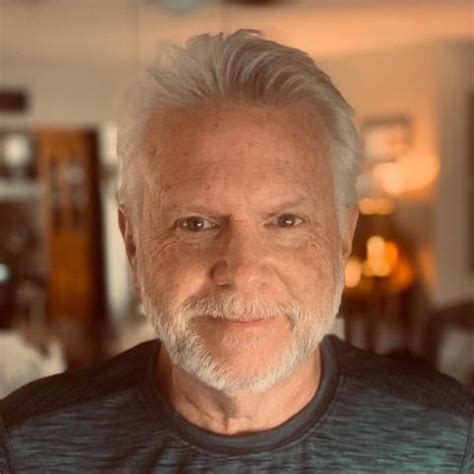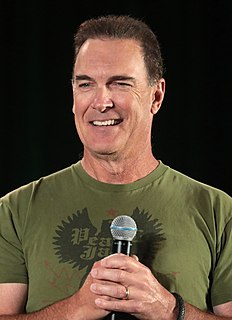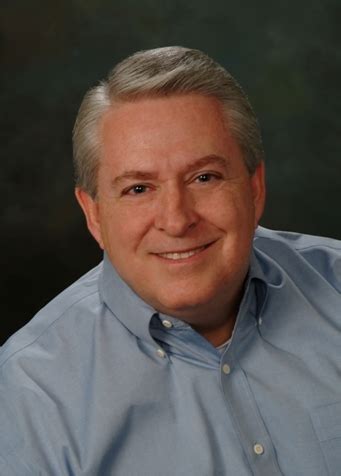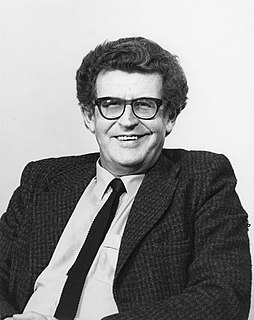A Quote by Terence McKenna
The central figure in the archaic revival is the shaman.
Related Quotes
If the central contest of the twentieth century has pitted capitalism against socialism, then F. A. Hayek has been its central figure. He helped us to understand why capitalism won by a knockout. It was Hayek who elaborated the basic argument demonstrating that central planning was nothing else but an impoverishing fantasy.
The Revival of 1859 helped to lay the foundations of the modern international and interdenominational missionary structureEvery revival of religion in the homelands is felt within a decade in the foreign mission-fields, and the records of missionary enterprises and the pages of missionary biography following I860 are full of clearest evidence of the stimulating effect of the Revival throughout the world.
The principal hindrance to the advancement of the kingdom of God is greed. It is the chief obstacle to heaven-sent revival. It seems that when the back of greed is broken, the human spirit soars into regions of unselfishness. I believe that it is safe to say there can be no continuous revival without 'hilarious' giving. And I fear no contradiction: wherever there is 'hilarious' giving there will soon be revival!
It is quite likely ... that the central figure of the gospels is not based on any historical individual. Put simply, not only is the theological "Christ of faith" a synthetic construct of theologians, a symbolic "Uncle Sam" figure, but if you could travel ... back to First-Century Nazareth, you would not find a Jesus living there.
Some religions believe that there's a hierarchy, that you don't have a connection, but you must go through the shaman or the priest or whoever the religious leader is. And that's what surprises me, that some people who find a huge value in these kinds of systems also seem to enjoy ILLUSIONS. I can't figure it out.
Cultural conditioning is like bad software. Over and over it's diddled with and re-written so that it can just run on the next attempt. But there is cultural hardware, and it's that cultural hardware, otherwise known as authentic being, that we are propelled toward by the example of the shaman and the techniques of the shaman. ... Shamanism therefore is a call to authenticity.
The shaman is a very peculiar figure. He is critical to the functioning of the psychological and social life of his community, but in a way he is always peripheral to it. He lives at the edge of the village. He is only called upon in matters of great social crisis. He is feared and respected. And this might be a description of these hallucinogenic substances.



































